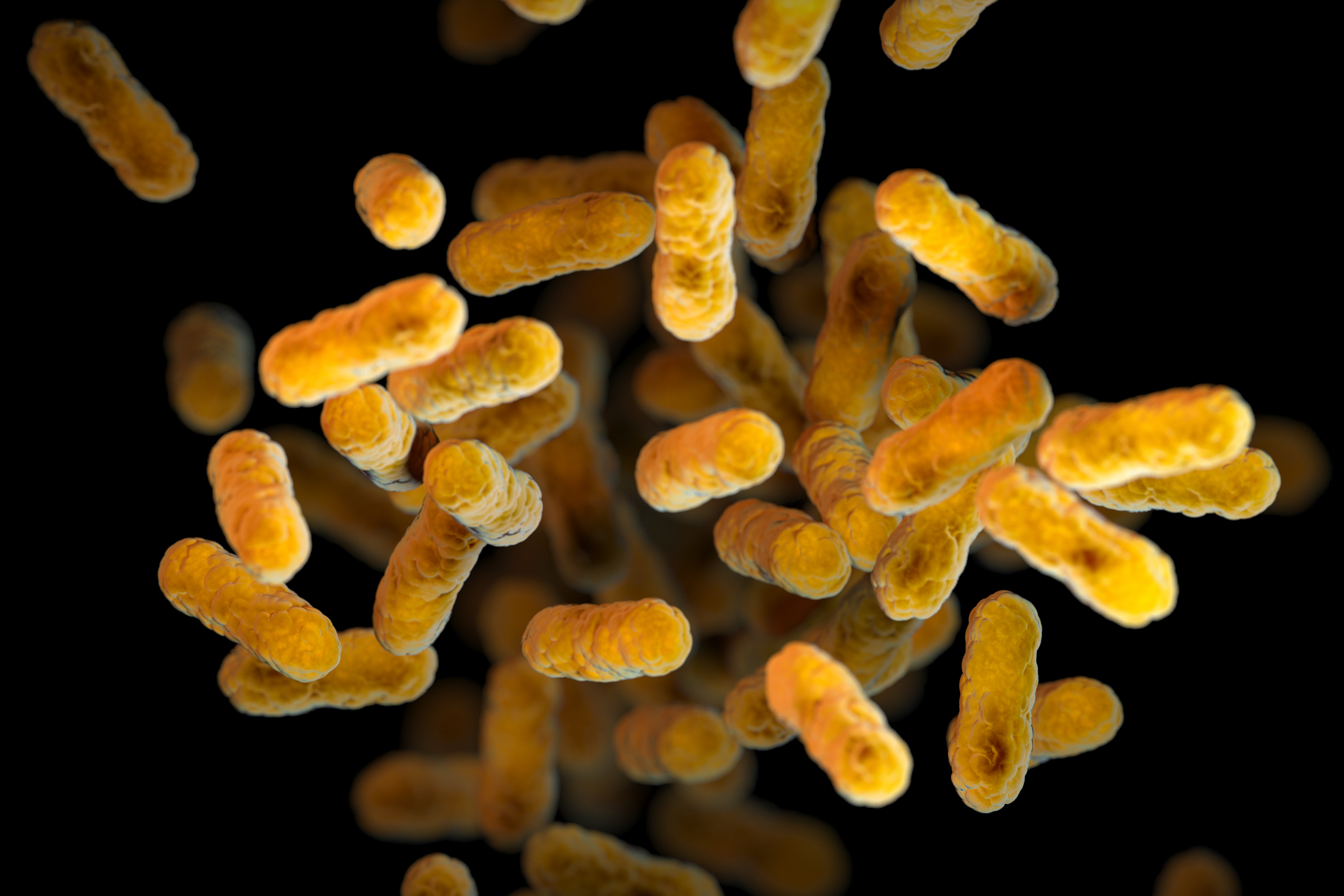
Whooping cough cases have surged in the US since the beginning of the year, infecting Americans at a faster pace than any time since the mid-1950s as national vaccination rates decline and protection wanes.
The bacterial infection also known as pertussis has sickened 8,077 people in the US through April 16, according to data from the US Centers for Disease Control and Prevention. That’s more than double the same period a year ago, when the agency confirmed 3,847 cases, and rivals the 2012 outbreak that was the biggest in half a century.
At least four people have died from whooping cough this year, including two infants in Louisiana, an adult in Idaho and a child in South Dakota who was infected with both influenza and pertussis.
The rise in cases comes as the US battles a measles outbreak, with 800 confirmed cases in 24 states as of April 18. Doctors point to a decline in vaccination rates nationally for the pickup in infections. Fewer than 93 percent of kindergartners received routine vaccinations for the 2023-2024 school year, including the diphtheria, tetanus, and acellular pertussis shot that protects against whooping cough.
ALSO READ: Texas child is first reported US measles death in a decade as outbreak hits more than 130
While measles is the canary in the coal mine for vaccine-preventable diseases in childhood, whooping cough is the infection doctors are seeing more and more of, said David Higgins, a pediatrician at the University of Colorado’s Anschutz Medical Campus in Aurora. Once vaccination rates for measles drop, pediatricians know they have also declined for other preventable diseases including whooping cough, he said.
Signs of Disease
Pertussis was common before the invention of the vaccine in the 1940s, according to the CDC. Cases began climbing in the 1980s before withering during the COVID-19 pandemic. The US is returning to pre-pandemic levels of more than 10,000 cases a year.
Symptoms of whooping cough may not develop for as long as three weeks, with early signs resembling the common cold, according to the CDC. One indication of pertussis is the progression to a brutal cough, often in uncontrolled fits that are followed by the high-pitched whoop that gives the disease its name.
Babies and children are at risk of developing severe and sometimes deadly complications, including pneumonia, brain disease and convulsions. One in 100 children infected will die from it, according to the agency.
ALSO READ: Whooping cough epidemic sweeps Europe, health agency says
Even among those who are vaccinated, protection can wane over time. The Atlanta-based health agency recommends the shot and boosters for children, pregnant women and adults who were never immunized. While those who are vaccinated can still contract the disease, their symptoms are typically milder and they are less likely to spread the bacteria in their communities.
The DTaP vaccine is recommended for babies as young as two months, with two booster shots by six months of age. Children get two more shots in early childhood, and another as a pre-teen or teenager.


